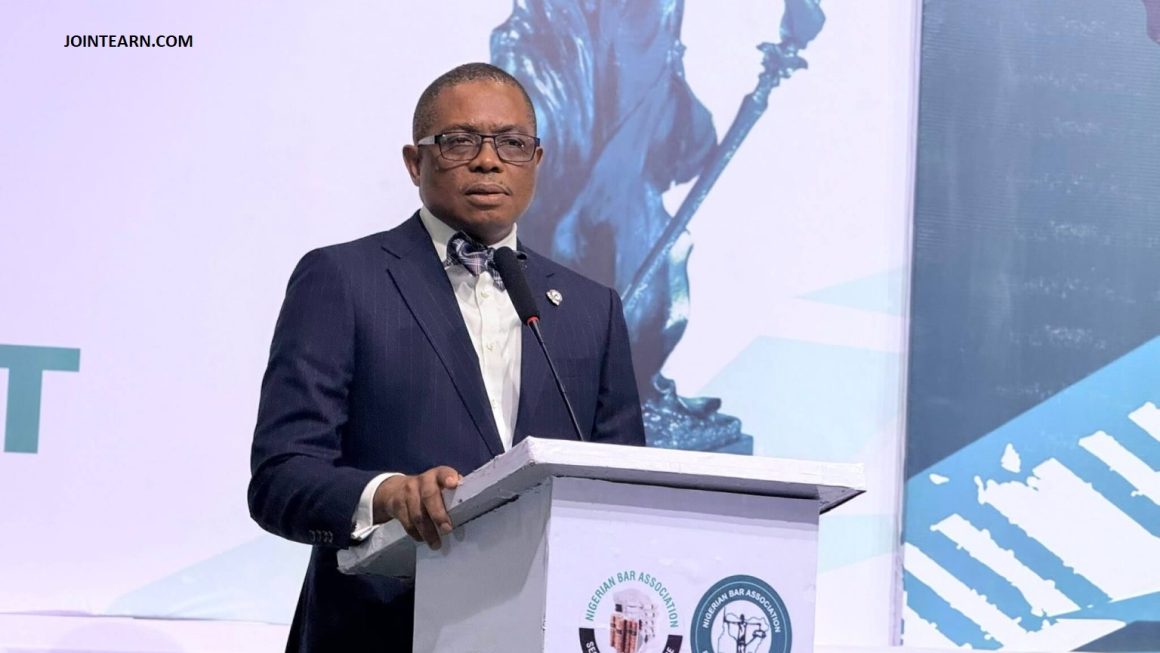The Independent Corrupt Practices and Other Related Offenses Commission (ICPC) has revealed that over ₦71 billion allocated for the Federal Government’s student loan scheme has been diverted, raising serious concerns about the misuse of public funds and accountability in the country’s education sector.
In a statement released on April 30, 2025, the ICPC detailed an investigation into the mismanagement of the funds, which were originally earmarked to provide financial support to Nigerian students pursuing higher education. The revelation has shocked the public, especially as the loan scheme was designed to provide affordable and accessible financial assistance to students from low-income families, offering them a chance at higher education and a better future.
An Unfolding Scandal
The investigation uncovered multiple instances of financial misconduct and corruption within the administration of the student loan scheme. According to ICPC officials, a combination of fraudulent activities, inflated contracts, and the unauthorized withdrawal of funds contributed to the misappropriation of a significant portion of the loan funds.
The Commission confirmed that over ₦71 billion, which had been allocated to the scheme over a period of several years, had either been siphoned off or misused by government officials, contractors, and other individuals involved in the management of the program. The funds, meant to benefit thousands of Nigerian students, were found to have been diverted for personal gain, rather than serving the intended purpose of providing student loans.
In its report, the ICPC disclosed that it had identified key officials from several government agencies involved in the financial oversight of the scheme, along with private contractors, who engaged in corrupt practices, including submitting fake documents, inflating loan disbursements, and engaging in illegal withdrawals from the fund.
Impact on Students
The revelation of such a large-scale diversion of funds has sent shockwaves through the education sector and the wider Nigerian society. Many students who had been waiting for financial assistance to complete their studies are now left with no hope of receiving the aid they so desperately need. The Federal Government’s student loan scheme was established to ease the financial burden on students, many of whom struggle to afford the costs of tuition, textbooks, and other academic expenses.
Students have expressed outrage at the mismanagement of the funds, with many taking to social media to voice their frustration and disappointment. Several student groups have called for swift action and transparency in the investigation, demanding that those responsible for the diversion of funds be held accountable.
“This is heartbreaking,” said a student from the University of Lagos. “The loan scheme was supposed to help us, but now we’re left with nothing. It feels like we have been let down by the very people who were supposed to support us.”
For many students, the financial support from the government was their only option to continue their education. With the diversion of these funds, they now face an uncertain future, unsure of how they will be able to complete their studies without the necessary financial backing.
Government’s Response
In response to the ICPC’s findings, the Federal Government has promised to take immediate action to investigate the individuals responsible for the diversion of the student loan funds. Minister of Education, Malam Adamu Adamu, condemned the fraudulent activities and assured the public that the government would work closely with the ICPC to ensure that those implicated in the scandal are brought to justice.
“We are deeply shocked and disappointed by this revelation. The government is committed to ensuring that our students receive the support they need to succeed academically, and we will not tolerate any form of corruption or mismanagement in our education sector,” Adamu said in a press conference.
The Minister also emphasized that the government would implement stricter monitoring measures to prevent such incidents from occurring in the future, and that all parties found guilty of corruption would face the full force of the law.
“We will ensure that the funds meant for our students are properly accounted for and disbursed in the right manner. We are determined to restore the public’s trust in the student loan program and hold those responsible accountable for their actions,” he added.
ICPC’s Continued Investigation
The ICPC has pledged to continue its investigation into the misappropriation of the student loan funds and is working to identify additional individuals and organizations involved in the scandal. The Commission has also called for greater transparency and accountability in the management of government funds, urging relevant agencies to strengthen their financial oversight mechanisms.
“We will leave no stone unturned in our efforts to ensure that the culprits are brought to justice,” said ICPC Chairman, Prof. Bolaji Owasanoye. “The diversion of funds meant to support the education of our young people is a grave offense, and we are committed to holding those responsible accountable.”
The ICPC has also advised Nigerian students and the public to remain vigilant and report any suspicious activities related to government-funded programs. The Commission has promised to take swift action on any credible reports of corruption or mismanagement.
Calls for Reform
In the wake of the scandal, there have been growing calls for a reform of Nigeria’s student loan system. Education experts have pointed out that the country’s higher education financing system is plagued by inefficiencies and a lack of transparency, which often leads to the misallocation and mismanagement of resources.
Dr. Chijioke Ude, an education policy analyst, emphasized the need for comprehensive reforms to ensure that student loans are properly administered and reach the students who need them the most. “The current system is clearly broken,” Ude said. “We need a complete overhaul of how student loans are disbursed and managed in this country. There needs to be more oversight, more accountability, and more transparency to prevent such abuses from happening again.”
Student unions across the country have also joined in calling for reforms to the loan system, demanding that the government implement stricter checks and balances to ensure that the funds are used solely for the benefit of students.
As investigations continue and the public waits for justice, the future of Nigeria’s student loan scheme remains uncertain. However, with increased scrutiny and the promise of reform, many hope that the scandal will serve as a turning point for the education sector and lead to lasting changes that will benefit students for generations to come.












